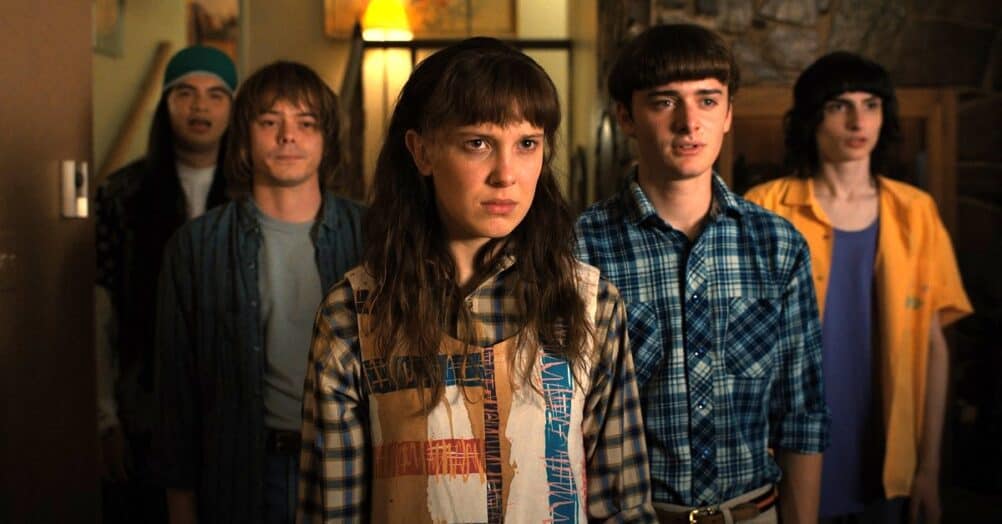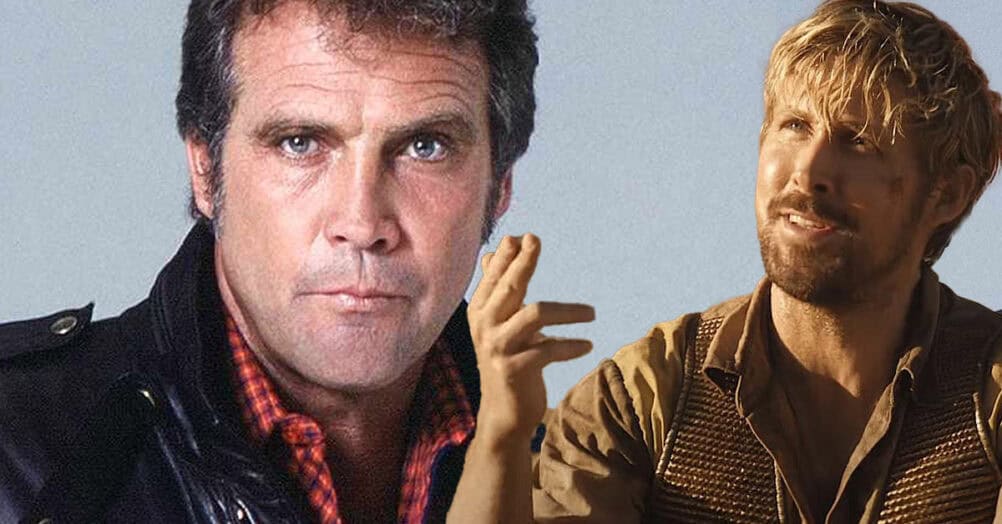
PLOT: The limited series charts the rise and fall of NFL superstar Aaron Hernandez and explores the disparate strands of his identity, his family, his career, his suicide and their legacy in sports and American culture.
REVIEW: The fourth series in Ryan Murphy and Brad Falchuk’s American Story franchise, American Sports Story: Aaron Hernandez blends a tale focused on a famous athlete with the criminal angle of related series like American Crime Story. The nineteenth volume in the ongoing franchise, Aaron Hernandez is a story that fits right at home alongside Murphy and Falchuk’s subject matter despite only Murphy being involved with this entry. There are mental illness, murder, celebrity, and queer storylines in abundance, with a new angle that intends to be something of an indictment of the world of college and professional football. However, rather than make a decisive commentary about how the NCAA and NFL have failed to protect players both medically and socially, American Sports Story is another tabloid true crime drama brought to the small screen, but this time without the all-star cast.
Aaron Hernandez opts for a fairly by-the-numbers retelling of the former New England Patriot’s tumultuous childhood. Opening with the murder of Odin Lloyd by Hernandez (Josh Andres Rivera), the series flashes back to his youth and teenage years alongside older brother DJ Hernandez (Ean Castellanos) as the two athletes are mercilessly coached by their abusive father, Dennis. Hiding his bisexuality from his domineering dad, Aaron struggles to come to terms with his own aspirations as opposed to the path his father has set out for him. As he moves on to play for Urban Meyer (Tony Yazbeck) at the University of Miami, Hernandez’s involvement with gangs and drugs intensifies, as do his successes on the field. Becoming an all-star alongside his Miami quarterback Tim Tebow (Patrick Schwarzenegger), Hernandez sets his sights on the NFL. It is playing for Bill Belichick (Norbert Leo Butz) under the intense media scrutiny pro football players endure that the tight end begins to crumble under the vices he keeps hidden from view.
While American Crime Story‘s look at O.J. Simpson’s murder trial referenced his football success, American Sports Story makes a big deal of the coaching staff and leadership at both the University of Miami and the New England Patriots looking the other way for a lot of Hernandez’s actions. There are also some damning accusations that the institutions may have also harbored knowledge of Hernandez’s medical trauma from concussions and suppressed it to capitalize on his athletic skills to lead the team to Super Bowl championships. While Will Smith’s film Concussion raised a lot of buzz about the NFL and concussions, there has not been very much said from the league regarding the contents of this limited series. Maybe that is because the series is adapted from the popular Wondery and Boston Globe podcast Gladiator: Aaron Hernandez and Football Inc., which already took the brunt of the popularity. That leaves this series as a dramatized work of entertainment rather than an investigative indictment.

Over the ten-episode series American Sports Story: Aaron Hernandez is hyper-focused on the title character’s journey, sometimes dropping recognizable names of players and coaches into the storyline to give it some reliability. But, because of the linear format of this story, the writers sometimes fail to realize that it may not be as interesting a story when solely centered on Hernandez. Josh Andres Rivera, best known for roles in West Side Story and The Hunger Games: The Ballad of Songbirds and Snakes, portrays Hernandez’s wild-eyed and manic persona, which hides his anxiety and fear of revealing his inner nature. But as the story shifts from youth to professional career and then incarceration, Rivera’s performance takes on a somewhat cliche series of mannerisms and dialogue that is designed to make us feel something for the convicted murderer who suffered headaches and traumatic brain injuries during his playing days. The writers seem to be trying to make it seem that Hernandez may not be fully responsible for his actions, which flies contrary to his behavior before he suffered any injuries.
Directed by Carl Franklin, Paris Barclay, Maggie Kiley, Steven Canals, Jennifer Lynch, and Michael Uppendahl from scripts by Stuart Zicherman, Ryan Farley, Chelsey Lora, Domonique Foxworth, Liz Tuccillo, Matthew Hodgson, Lee Edward Colston II, Hadi Nicholas Deeb, Stacey McCormack, and Tracey Scott Wilson, American Sports Story: Aaron Hernandez boasts a creative team with roots in Ryan Murphy’s extended production catalog on series including Netflix’s Monster: The Jeffrey Dahmer Story, Pose, American Horror Story, and more. The unique addition that helps add some realism to the portrayal of football players when they are off-camera comes from Domonique Foxworth, who played both college and professional football. While Foxworth only has one credit on Aaron Hernandez, there is definitely a focus on trying to make the setting of this series as close to reality as possible.
American Sports Story could not have opened with a better subject for their series, but Aaron Hernandez fumbles. The series could have done something with more energy, but it feels like a generic movie-of-the-week style tell-all that used to debut weekly on network television. There is blame and fear-mongering in abundance, with conflicting messages as to whether abuse was to blame for Hernandez’s actions or a brain injury. By presenting multiple theories with less-than-damning evidence for either, American Sports Story: Aaron Hernandez tells us a story about an American who committed a crime with very little insight that sets it apart from every other true crime series out there. It is not terrible, but it is the weakest entry in any of the American Story series to date.
American Sports Story: Aaron Hernandez debuts with two episodes on September 17th on FX.


















Follow the JOBLO MOVIE NETWORK
Follow us on YOUTUBE
Follow ARROW IN THE HEAD
Follow AITH on YOUTUBE